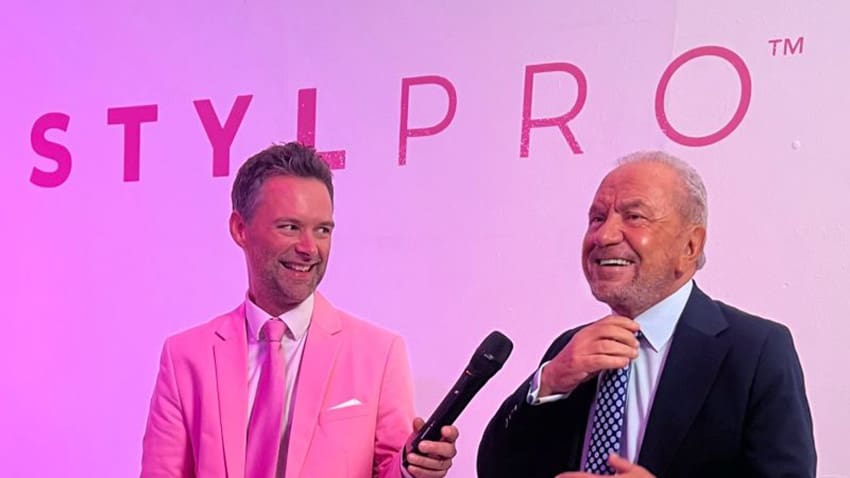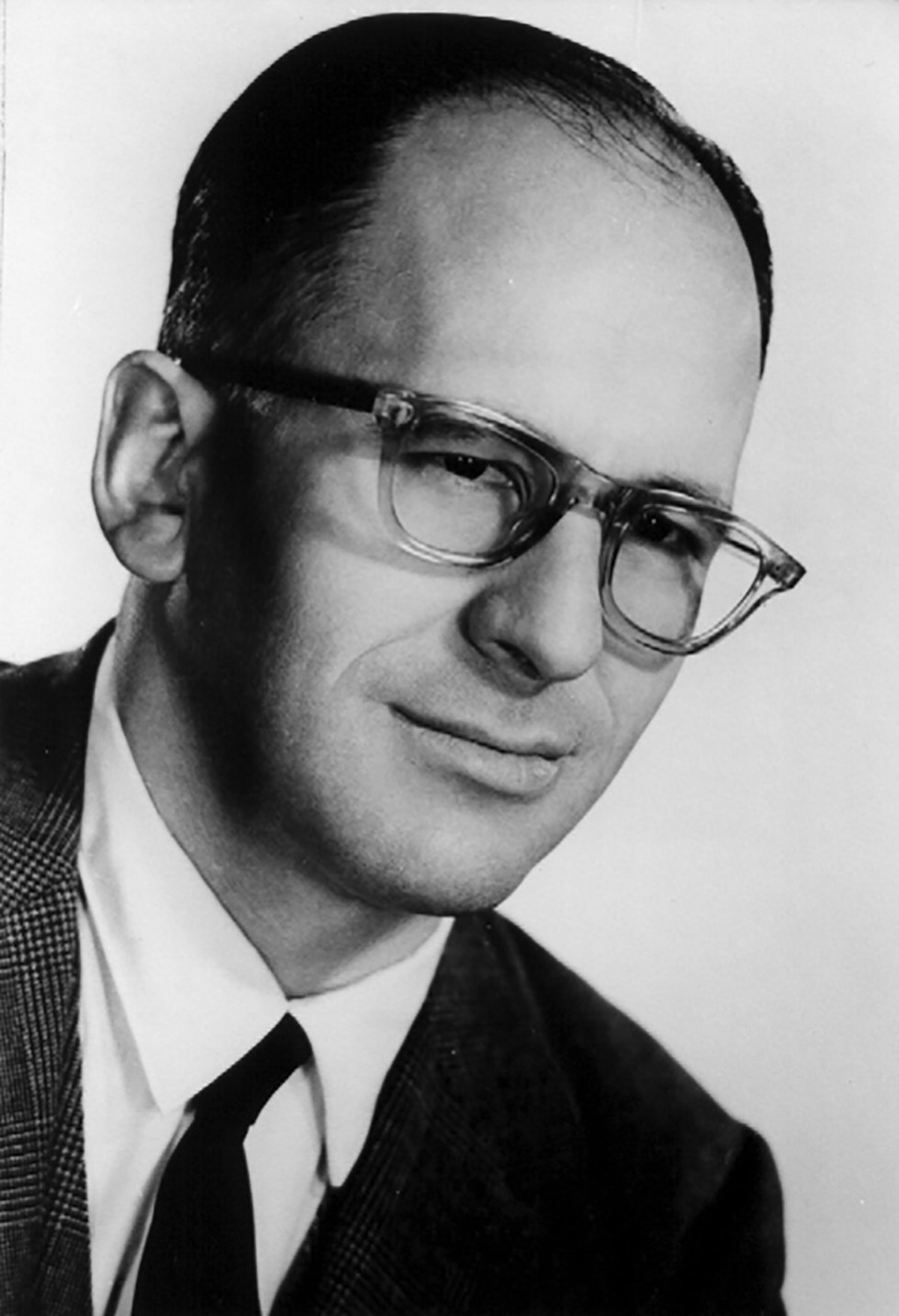Netflix co-CEO discussed Warner Bros. deal with Trump
Will Netflix’s $82.7 billion deal to acquire Warner Bros. get approval from fede...
X deactivates European Commission’s ad account after th...
X has seemingly penalized the European Commission's account after the commission...
EU agrees on fishing quotas for 2026 after intense nego...
EU fisheries ministers have reached an agreement on quotas for 2026 after two da...
Latest news bulletin | December 14th, 2025 – Morning
Catch up with the most important stories from around Europe and beyond this Dece...
£100 contactless card limit to be lifted as banks gain ...
The FCA will allow banks to lift or remove the £100 contactless card limit from...
TikTok owner signs landmark deal to avert US ban
TikTok has avoided a US ban after owner ByteDance signed a binding deal with Am...
Tisha Campbell Recalls Being Down To Her Last $21 After...
Tisha Campbell has opened up on the financial difficulties she faced when she an...
R29 Winter Lookbook: “Glow In The Darkest Months”
Winter is the season to create your own joy.The light dims, the temperatures...
TIPS: Widening UPPER TORSO
NOUBI SAYS: Find Tops that float away from your body and your torso the conceal ...
My Favorite Comforting Immunity Soup
My Favorite Comforting Immunity Soup This comforting immunity soup is cozy, fla...






























